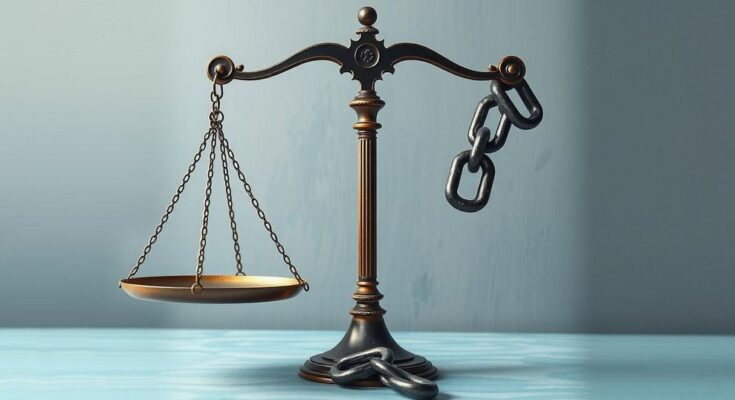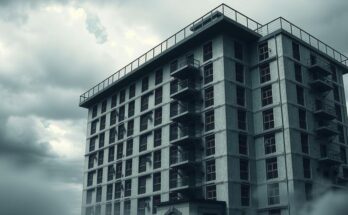The UK government has officially placed sanctions on four former military commanders from Sri Lanka, citing serious human rights abuses during the nation’s harrowing civil war, which ended in May 2009. This lengthy conflict resulted in an estimated 80,000 to 100,000 fatalities, with a tragic 40,000 Tamil civilians killed in its final throes.
The individuals targeted by these sanctions include Shavendra Silva, once the Head of the Sri Lankan Armed Forces; Wasantha Karannagoda, former Navy Commander; Jagath Jayasuriya, former Army Commander; and Vinayagamoorthy Muralitharan, or Karuna Amman, a former LTTE military commander. Measures include travel bans and asset freezes that restrict their movements and financial transactions within the UK.
David Lammy, UK Secretary of State for Foreign, Commonwealth, and Development Affairs, asserted the UK’s steadfast commitment to human rights in Sri Lanka, emphasising the need for accountability. “This decision ensures that those responsible for past human rights violations and abuses are held accountable,” Lammy remarked, reiterating that impunity is unacceptable.
Throughout the civil war, heinous acts were committed by both factions. The Sri Lankan government was guilty of extrajudicial killings, forced disappearances, and bombings of civilian sites while the LTTE conducted suicide attacks and forced child recruitment, amongst other crimes.
Despite widespread allegations, the Sri Lankan government has categorically denied any human rights violations and has shown resistance to cooperating with international inquiries. Although numerous commissions have been formed to investigate these claims, critics argue they have failed to deliver justice, leaving victims disillusioned.
Elected as the first president outside the dominant political parties, Anura Kumara Dissanayake leads the National People’s Power coalition, which obtained a supermajority that empowers significant constitutional reforms. He promises to decentralise power, enhancing local governance.
Recent developments suggest a turning tide concerning accountability in Sri Lanka. The parliament has signalled intent to debate the over two-decade-old Batlanda Commission report, which outlines grave allegations of state-sponsored abuses during past civil unrest. Critics argue, however, that Dissanayake’s pro-military stance and traditional allegiances may impede genuine transformation toward justice and reform in Sri Lanka.
The UK has sanctioned four former Sri Lankan military commanders for their roles in serious human rights abuses during the civil war, which resulted in significant civilian casualties. These sanctions include travel bans and asset freezes. UK Secretary of State David Lammy highlighted the commitment to accountability for past violations. Meanwhile, new presidential leadership in Sri Lanka raises hopes for political reforms and discussions on previous investigations into state abuses.
The UK’s sanctions against former Sri Lankan military leaders mark a critical step towards addressing long-ignored human rights abuses from the civil war. This reinforces the importance of accountability, as articulated by UK officials. As Sri Lanka grapples with its past and pursues potential reforms under new leadership, the path towards justice remains fraught with challenges, demanding a comprehensive approach to rectify injustices and empower its citizens.
Original Source: www.jurist.org



